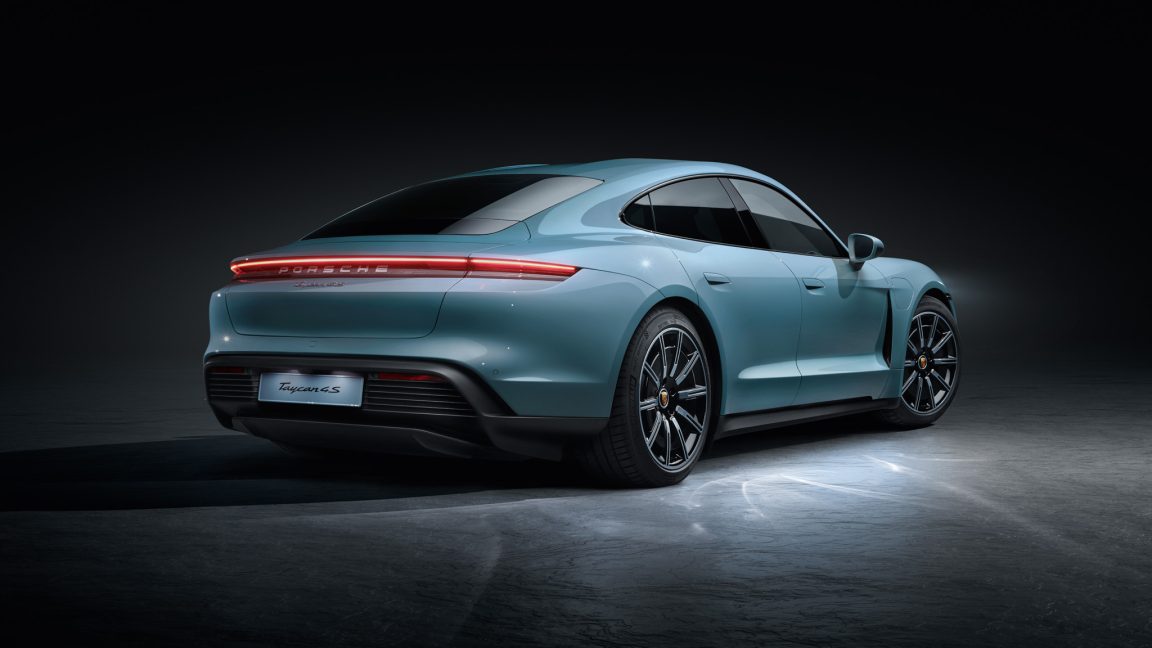
"Porsche had bet on electrification in the wake of Volkswagen Group's Dieselgate emissions cheating scandal but had been "too bullish," said Metzler Research analyst Pal Skirta. The sports-car maker's challenges have been compounded by its struggles in China and the US, its two most important markets. In China, previously boasting strong growth and healthy profits, sales slumped by almost 40 percent between 2022 and 2024 as local rivals emerged."
"In the US, new tariffs imposed by President Donald Trump will foreseeably apply to every unit sold. Unlike rivals, Porsche does not have a factory locally and imports all its vehicles from Europe. The effects of the crisis are already being felt at Porsche's factories. The company said earlier this year it would cut 3,900 jobs by 2029, the equivalent of 9 percent of its workforce, and it is in talks with unions about more cost savings."
"Porsche will have to smooth out persistent EV product delays because of software problems, where Chinese newcomers have set the standard in recent times. In a recent interview with the Financial Times, Sajjad Khan, Porsche board member for IT and software, said the quality of its products and technologies would be better in 2026 and 2027. "We have to work hard to execute perfectly," Khan said."
Porsche bet heavily on electrification after Volkswagen Group's Dieselgate but proved overly optimistic. The company faces significant challenges in China and the US, with Chinese rivals driving down sales by almost 40 percent between 2022 and 2024. US tariffs imposed by President Donald Trump are expected to affect every imported unit, as Porsche has no US factory. Porsche plans to cut 3,900 jobs by 2029, roughly 9 percent of its workforce, and is negotiating further cost savings with unions. Persistent EV product delays stem from software problems, and leadership must preserve Porsche's premium positioning while advancing EV capabilities.
Read at Ars Technica
Unable to calculate read time
Collection
[
|
...
]